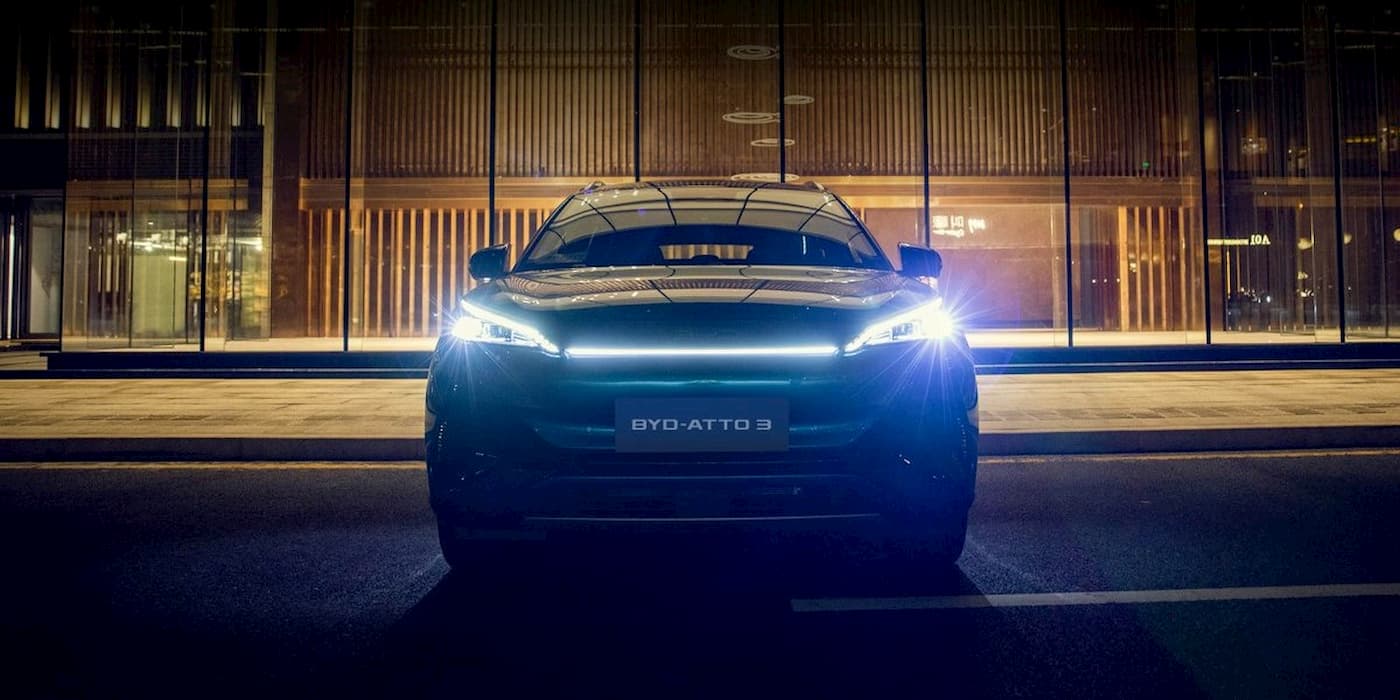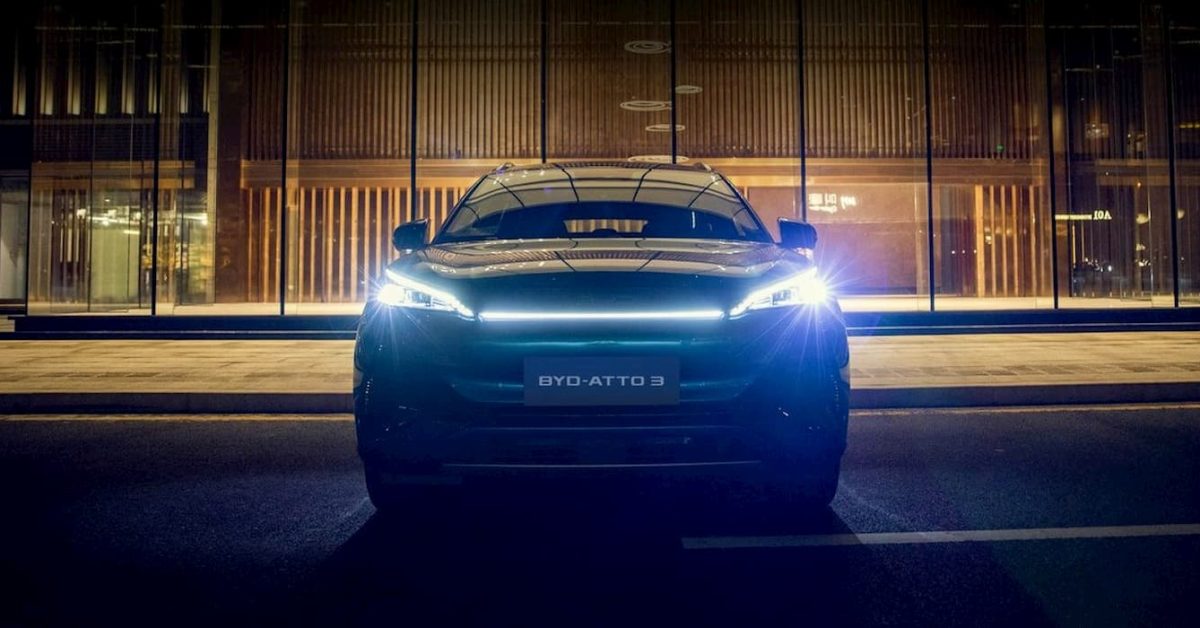
The Biden administration has issued a warning that Chinese electric vehicles could pose a “significant national security risk” in that vast amounts of data collected could be sent to China. The China trade war is intensifying.
U.S. Secretary of Commerce Gina Raimondo said electric and self-driving cars “collect enormous amounts of information about the driver, the vehicle’s location, and the vehicle’s surroundings,” Bloomberg reported. “Do you want to send all that data to Beijing?”
The White House is also preparing another executive order to prevent foreign adversaries from accessing “highly sensitive” personal data.
The U.S. has imposed additional tariffs on Chinese EVs since 2019, and U.S. officials have long warned that China poses a data security threat, and the new measures will have far-reaching implications for many industries. The report said it could give.
However, Chinese columnist Ruan Jiaqi criticized the move, saying Raimondo’s comments slandered Chinese EV makers, Hong Kong-based reports said. asia times. BYD, for example, has had great success in Europe and Latin America, but has avoided the United States due to the Trump administration’s 25% tariffs on Chinese cars in 2019.
Last December, the U.S. Treasury released a list of new guidelines for federal grants that exclude vehicles with battery components manufactured or assembled by “foreign companies of concern” (also known as China). From 2025, vehicles whose batteries contain certain “critical minerals” extracted or processed in China will also not be eligible for tax credits.
Tesla CEO Elon Musk said last week that the Chinese EV maker would “pretty much crush” other competitors without trade barriers.
Additionally, in late December, the U.S. Congress passed a bill that would ban the Department of Defense from purchasing batteries made by CATL, Envision Energy, and many other Chinese manufacturers starting in October 2027. Still, the measure did not preclude companies like Ford from making batteries. CATL has a contract to produce lithium iron phosphate batteries at a new $3.5 billion battery manufacturing plant in Michigan, but the project was canceled last September. But now the chairs of two U.S. House committees are calling on the U.S. government to investigate four Chinese companies in connection with Ford’s new Michigan battery plant.
Back in 2022, the FCC banned the sale of Huawei and ZTE communications equipment and cited national security as a reason to restrict the use of some Chinese video surveillance systems. Many European allies have banned the use of Huawei’s 5G equipment. Not to mention that DJI is blacklisted for use by the US federal government. Meanwhile, the Chinese military avoids Tesla cars for the same reason.
Still, China’s EV expansion is on track, with BYD pushing for international growth with plans to build an EV factory in Hungary, and other automakers looking to build in Europe as well. Chinese companies MG, BYD and Chery Automobile are also scouting locations in Mexico and talking with authorities to improve access to the North American market. MG plans to build a $2 billion factory, while BYD ramps up hundreds of millions of dollars’ worth of investments in its own factories, moves that have set off alarm bells in Washington.
FTC: We use automated affiliate links that generate income. more.
